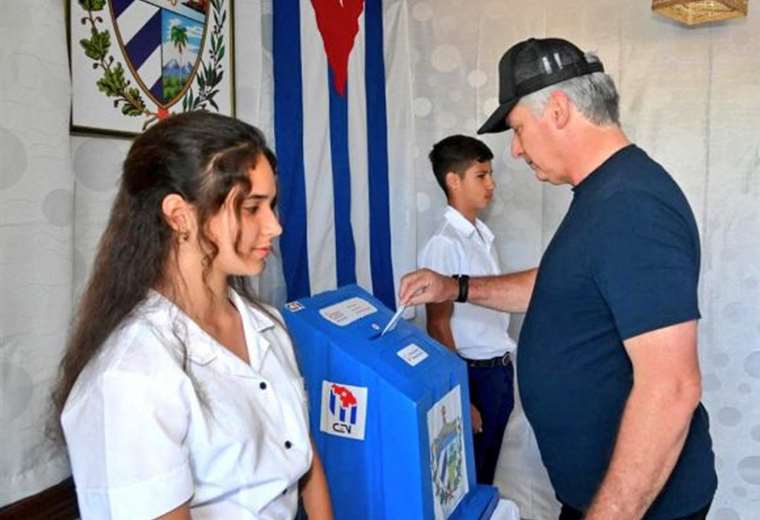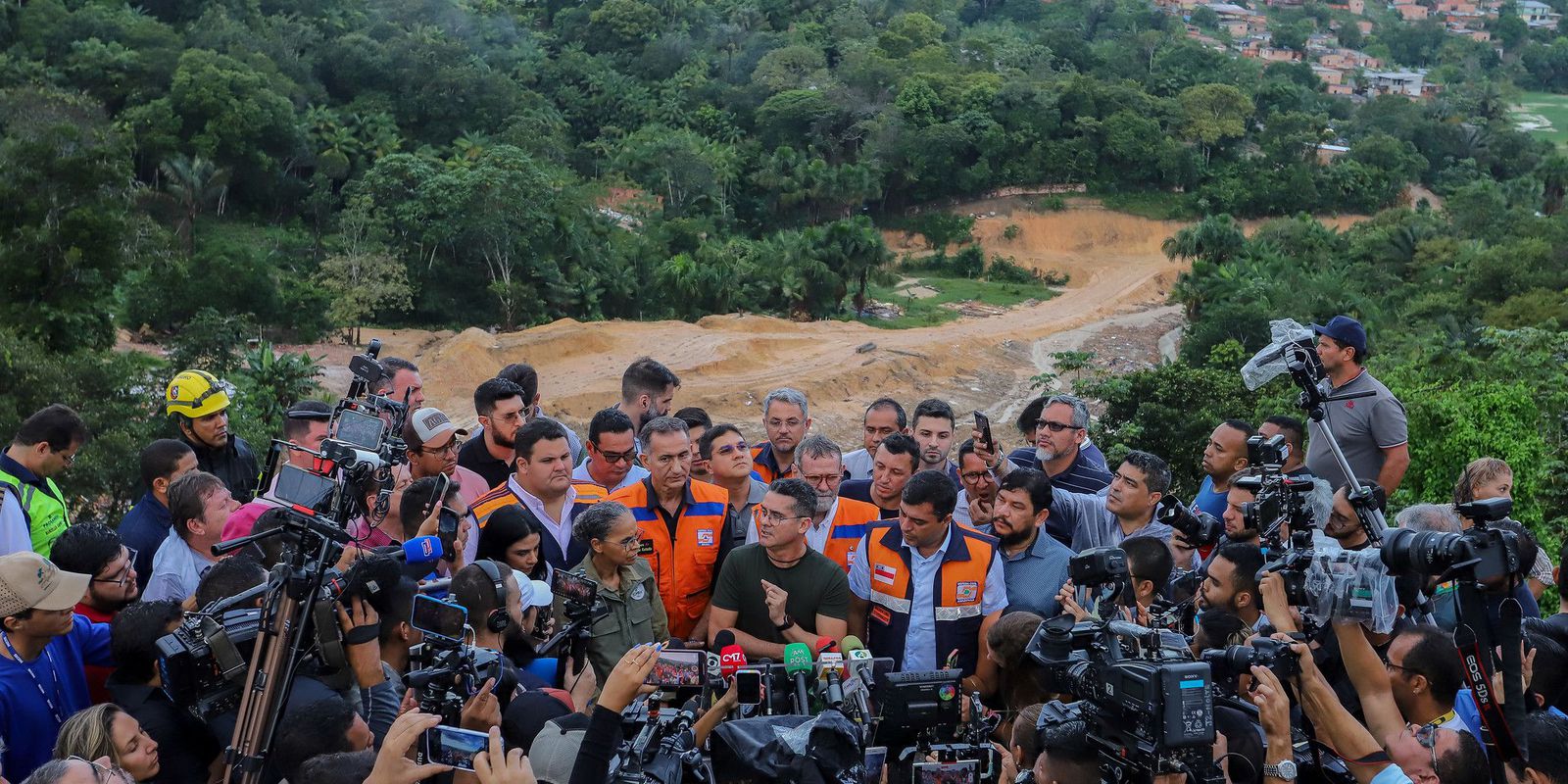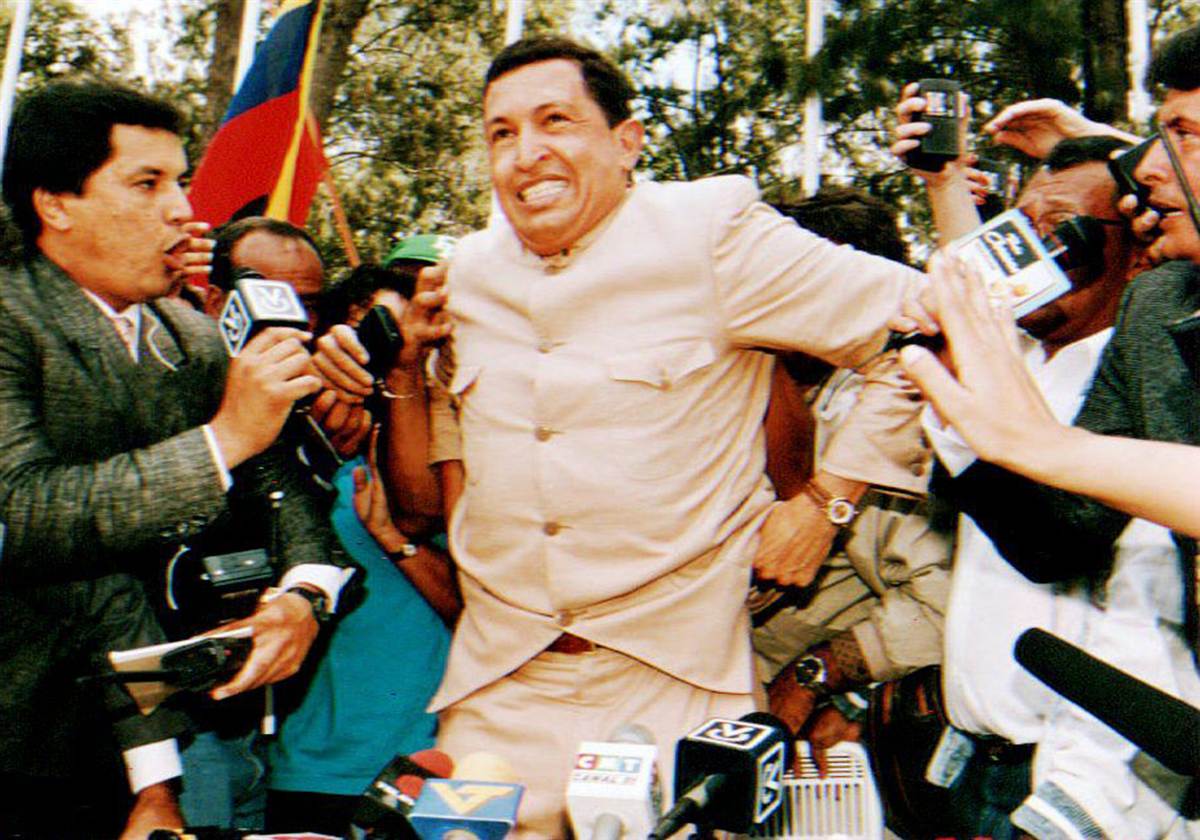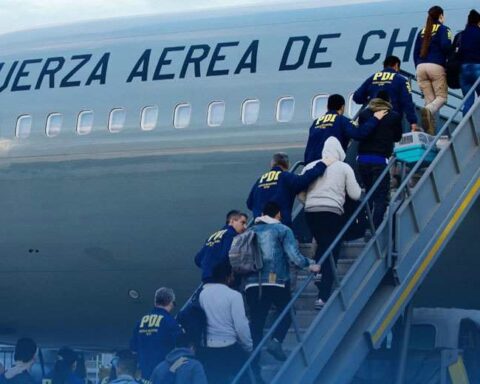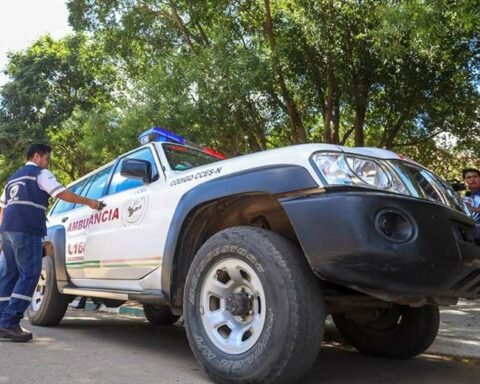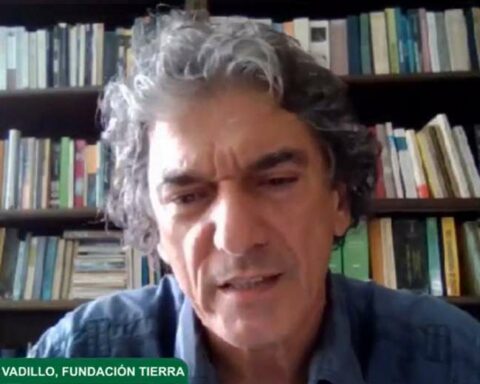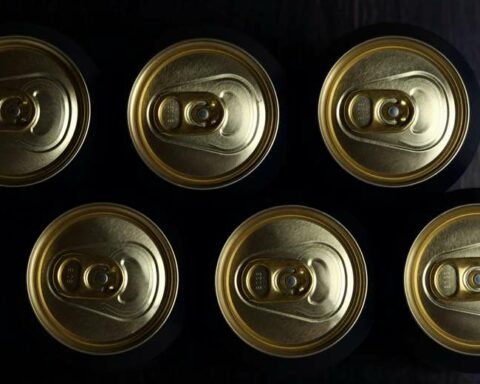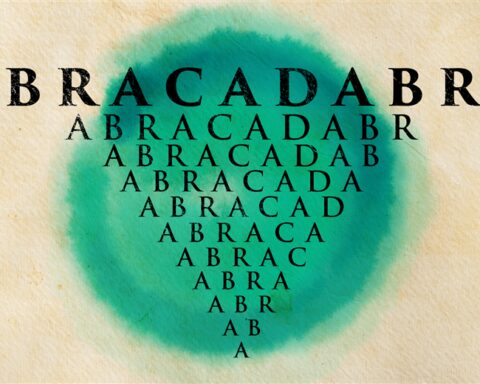Cubans voted on Sunday to renew parliament for five years, in elections no incidents and no surprises to which 470 candidates for deputies for 470 seats were presented, while the final turnout, the only factor at stake, is still unknown.
The 23,648 booths closed at 7:00 p.m. (23:00 GMT), after delaying the closing time by one hour, scheduled for 6:00 p.m. locally, reported the National Electoral Council.
Of the eight million Cubans over the age of 16 summoned to vote until 2:00 p.m. (6:00 p.m. GMT) had voted andl 60.14% of votersthe Council indicated earlier on its Twitter account.
Among the 470 candidates for the National Assembly of Popular Power there are 263 women and 207 men, the majority members of the Communist Party of Cuba (PCC), the only legal one on the island.
“I voted for the united vote, because despite the needs, the difficulties that this country may have, I cannot conceive of giving my vote” to the abstentionists, “to those who want to crush us, to the Yankees,” Carlos told AFP Diego Herrera, a 54-year-old blacksmith, in a booth in Havana’s busy Vedado neighborhood.
In Cuba, which has a population of 11.1 million, opposition parties are banned and voting is not compulsory.
Voters found two possibilities on the ballot: the name of each candidate from their district or the “vote for all” option, which implies supporting the 470.
– ‘Unity’ and ‘revolution’ –
“With a united vote we are defending the unity of the country, the unity of the revolution, our future, our socialist constitution,” said President Miguel Díaz-Canel, 62, after casting his vote in his native city of Santa Clara, 280 km southeast of Havana.
The “vote for all” option can also help candidates achieve more than 50% of valid votes, a requirement to be elected.
The process will culminate this year with the election of the President of the Republic, in which Díaz-Canel could win again, the first to take charge of the country after Fidel Castro and his brother Raúl.
The president, also the first secretary of the PCC, and the retired Raúl Castro are also candidates for deputies, among other historical leaders and members of the current Political Bureau of the party.
The vote occurs when Cuba is going through the worst economic crisis in three decades, with galloping inflation, an unprecedented wave of migration, a consequence of the pandemic and the US economic embargo, as well as structural weaknesses in the country.
Electoral participation fell in recent years to its lowest levels since the entry into force in 1976 of the current electoral system.
In the November municipal elections, abstention was 68.5%, lower than that of the referendums for the Family Code (74.12%), in September, and for the Constitution (90.15%), in 2019 .
A 19-year-old saleswoman at a small store who did not want to give her name said Saturday that she would rather stay in her bed than go vote. “I’m not going to vote because I don’t think tomorrow’s elections are going to bring any positive change to our country.”
The candidates, headed by Díaz-Canel, have carried out an intense and “singularized” campaign on the ground in recent weeks to listen to citizen demands, in a country little used to electoral proselytism.
– ‘Electoral mathematics’ –
The calls for abstention were concentrated on social networks.
Manuel Cuesta Morúa, a member of the opposition Council for the Democratic Transition in Cuba, asked to be attentive to the “electoral mathematics of the government.”
“At 9am it reports that 18.2% of the electorate has voted. At 11am it says 41.66%. In other words, in less than two hours attendance increased by 23.46%. Impossible!!! The schools are empty,” he said. the dissident in a tweet.
He later denounced that he was detained along with another activist, after touring the polling stations in Havana.
“María Mercedes Benítez”, coordinator of Citizen Observers of Electoral Processes and Cuesta Morúa, “we were detained” to prevent participation in the vote count. “Our houses are under siege.”
Cuesta had said this week that at least four people, three of them in Havana, had been warned by state security agents to refrain from electoral observation.

